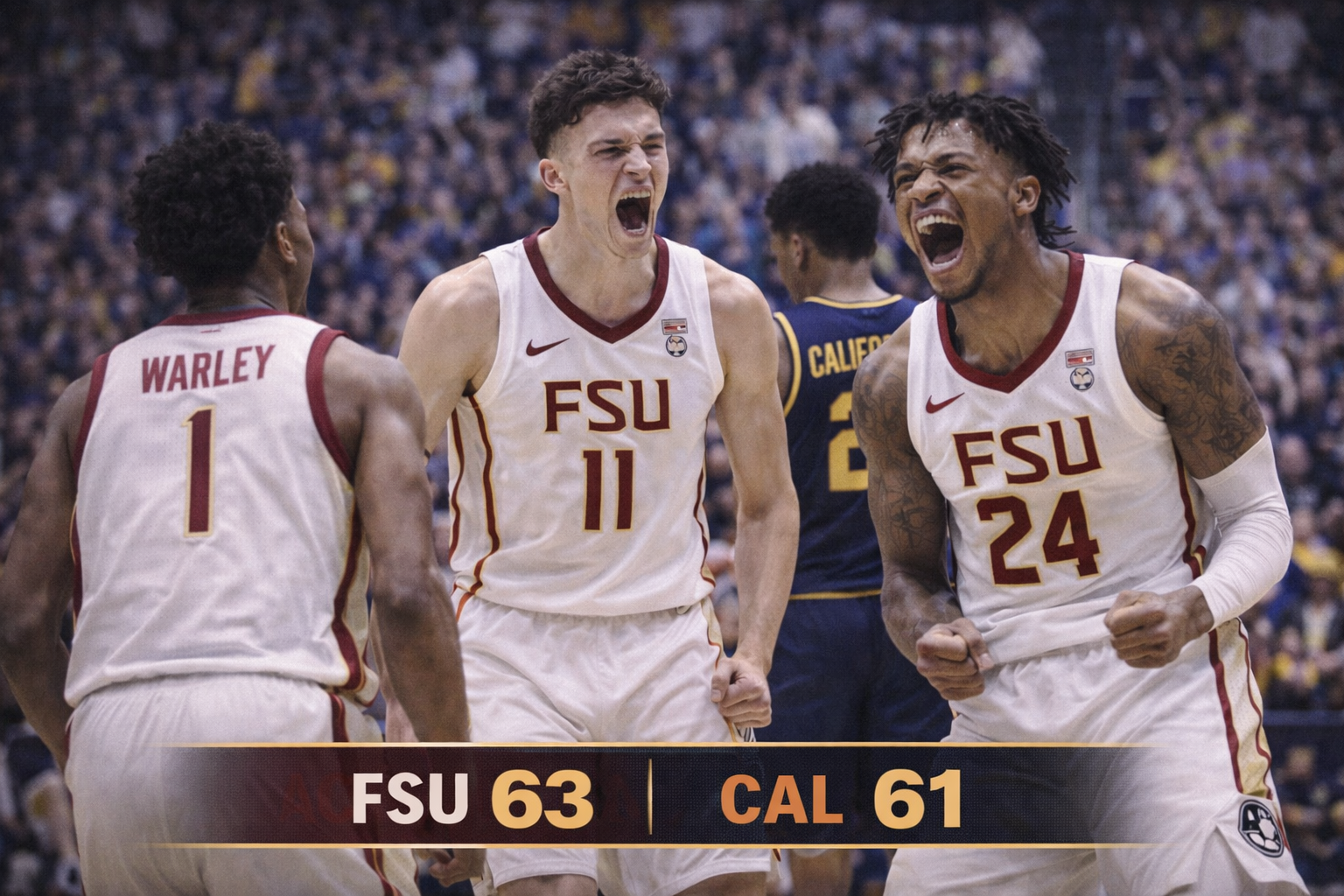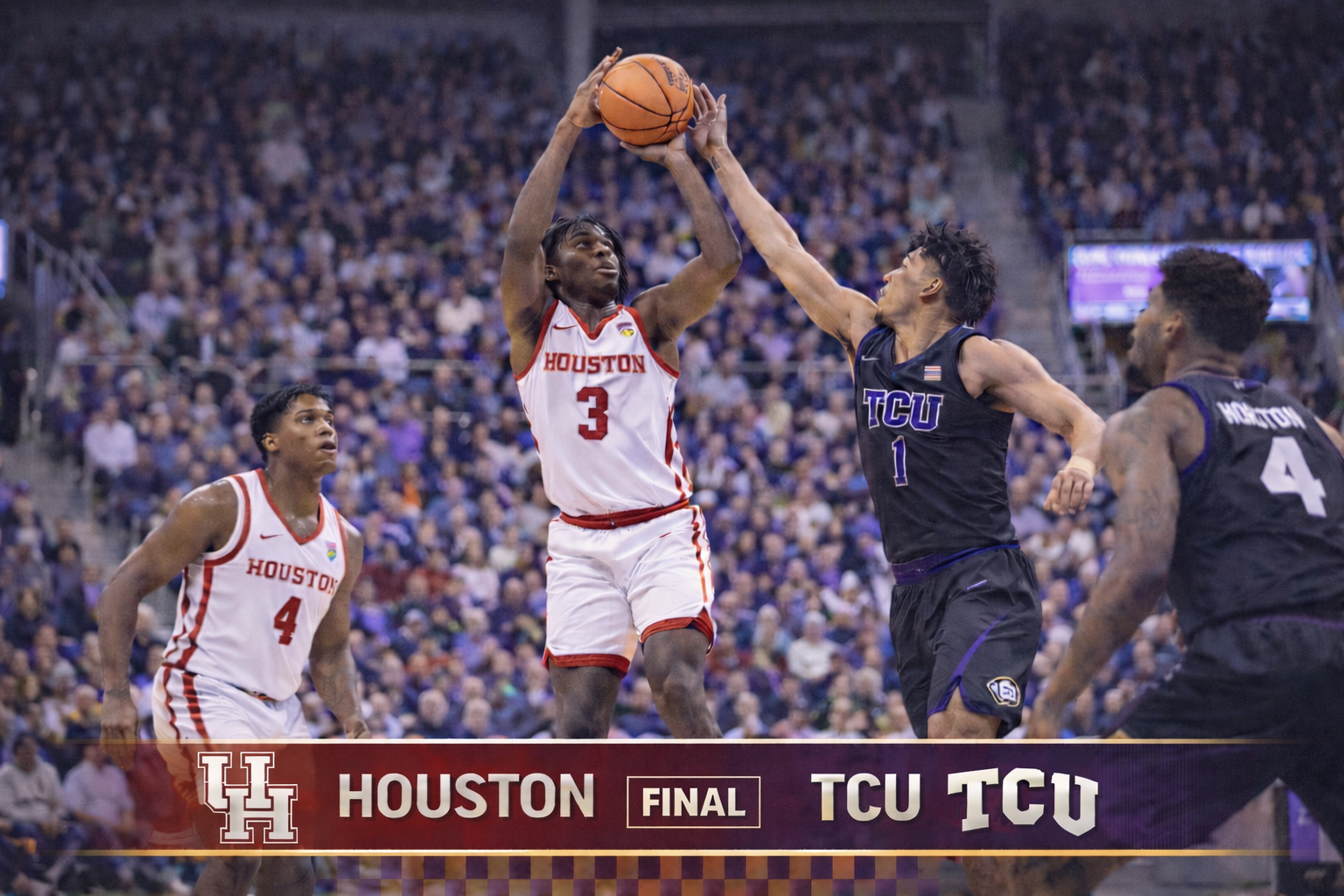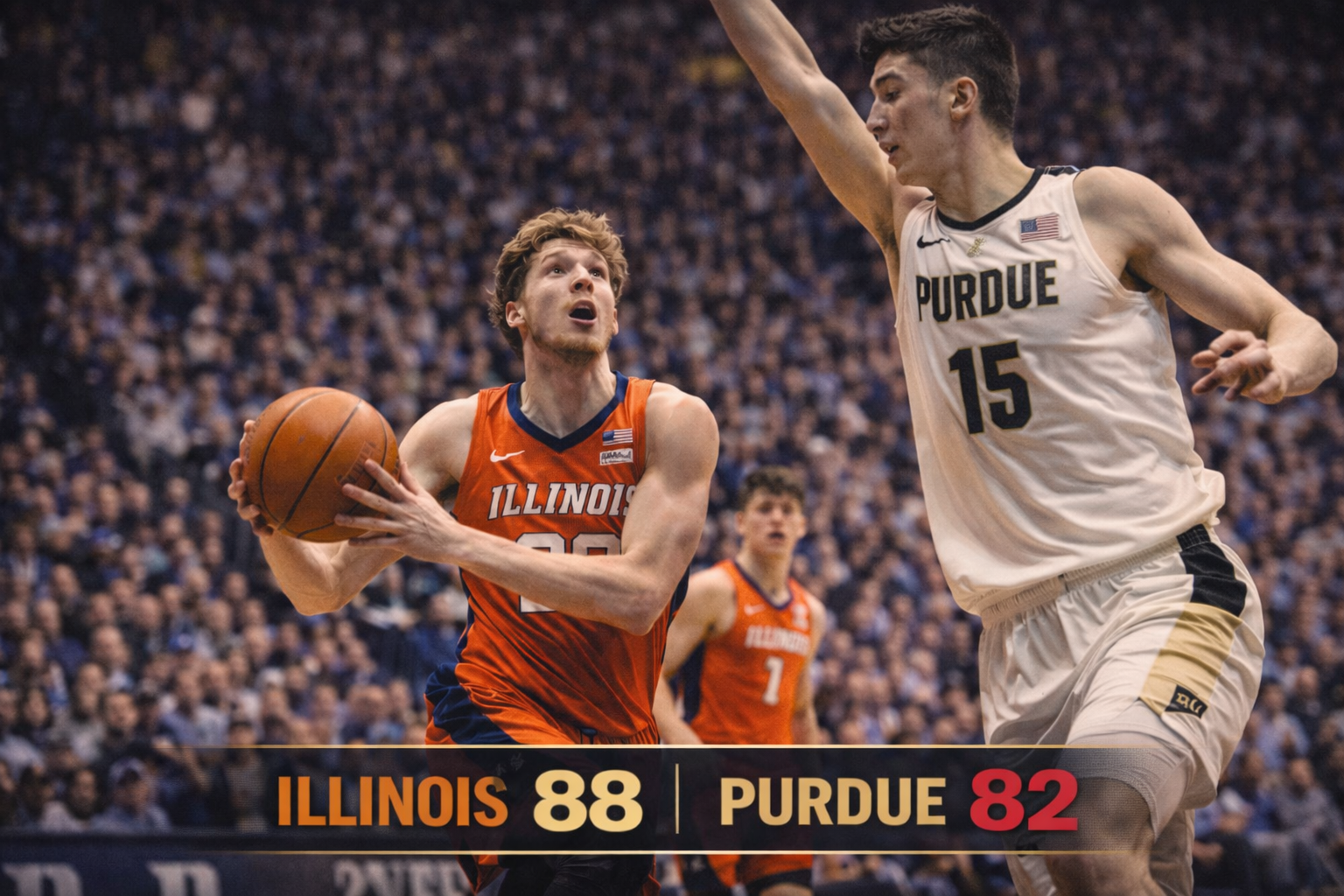Ohio Lawmaker Proposes Ban on Noon Kickoffs for Ohio State Football Games
Legislation Targets Fox’s ‘Big Noon Kickoff’ in Favor of Later Game Times
COLUMBUS, OH — Ohio’s most high-profile football program could soon see a shift in its schedule — not from coaches or conference officials, but from lawmakers. A new bill introduced by Ohio state Representative Tex Fischer (R-Boardman) aims to prohibit state universities, including Ohio State, from playing home football games that kick off before 3:30 p.m.
The legislation comes as a growing number of fans and public figures express dissatisfaction with the frequency of noon games, particularly those featured in Fox’s popular “Big Noon Kickoff” broadcast window. The proposed law would not only ban early kickoffs for top-tier matchups but also levy significant penalties against those responsible for scheduling such games.
What the Bill Proposes
The legislation, introduced in mid-May 2025, directly targets the scheduling of high-profile games involving state universities. Specifically, it would:
- Prohibit Ohio State and other state-affiliated schools from hosting home games with a start time before 3:30 p.m.
- Apply additional restrictions to games involving top-10 teams in the Associated Press poll.
- Include an exemption for traditional rivalry games — such as Ohio State vs. Michigan — that have historically been played at noon for decades.
The bill’s language defines a “college football tradition” as a matchup between two programs that have played at least 50 times and have maintained the same start time for at least 95% of those contests.
Heavy Fines and Enforcement Mechanisms
If passed, the bill would authorize the Ohio Attorney General to issue a $10 million fine to either the host school’s conference or the television network that scheduled the noon start — whichever party is responsible. This provision is designed to hold media partners like Fox accountable for slotting marquee matchups at noon without local input.
The law would also ban state schools from affiliating with conferences or networks that require participation in early kickoff slots as a contractual obligation. This means institutions could be forced to reconsider relationships with major media rights holders if those deals don’t align with the new regulations.
The Target: Fox’s 'Big Noon Kickoff'
The bill is clearly aimed at Fox Sports’ “Big Noon Kickoff,” which has become a dominant force in the college football broadcast landscape since its 2019 debut. Designed to compete directly with ESPN’s primetime games and CBS’s SEC showcase at 3:30 p.m., the noon ET slot now regularly features top Big Ten matchups — often starring Ohio State.
In the 2024 season alone, Ohio State played five Big Noon games on Fox, including highly anticipated matchups against Michigan, Penn State, and Indiana. The network’s ratings justify the strategy: the Buckeyes’ noon game against Michigan drew 12.3 million viewers, making it one of the most-watched college football games of the season.
Still, the time slot has drawn criticism from fans, particularly those attending games in person. Tailgating hours are reduced, travel logistics become more difficult, and the overall game-day atmosphere can feel diminished when compared to late-afternoon or evening kickoffs.
Broader Legislative Movement
Representative Fischer’s bill is the latest in a series of recent efforts by Ohio lawmakers to regulate aspects of college football presentation. Earlier this year, a bill was introduced to ban flag-planting displays after Michigan players planted their flag at Ohio Stadium following a narrow win over the Buckeyes in 2024.
Senator Bill DeMora (D-Columbus) has also proposed legislation that would bar state universities from entering into media contracts requiring exclusive streaming of football games. This comes amid backlash from fans who have missed out on major games due to exclusivity deals with services like Peacock.
Will It Work?
Whether Fischer’s bill gains enough support to pass remains to be seen. It’s unclear how university administrators, athletic departments, and conference officials will respond — especially given the enormous financial benefits that come with major broadcast contracts.
The Big Ten’s recent media deal with Fox, CBS, and NBC is worth over $7 billion. That kind of revenue makes the noon slot — regardless of complaints — extremely valuable for both the network and the schools involved.
Even so, the political pressure is mounting. As fan frustration grows and lawmakers get involved, the once-untouchable broadcast schedule could face reform. At the very least, the bill has opened the door for dialogue about how much say local institutions and fans should have in shaping the college football experience.
A Season to Watch
Ohio State is set to open the 2025 season against the Texas Longhorns on August 30 in Columbus. Though the time has not been officially confirmed, the game is expected to air on Fox — at noon. If the bill passes before the season kicks off, it could be one of the first games affected by the new law.
With the Buckeyes coming off a national title run and once again projected as a playoff contender, this debate over start times may become one of the season’s most unexpected storylines.









